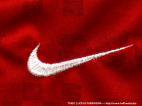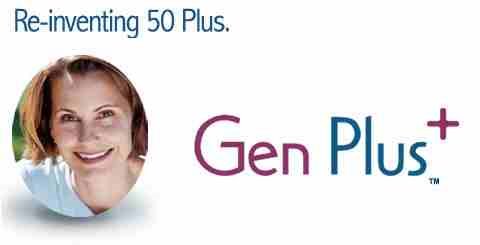
In the last post, we discussed getting noticed. Part of getting noticed means having qualities that will appeal to Recruiters. What do Recruiters look for in your resume/profile/cover letter? Consistency, Career Path (growth), Progression of Responsibilities. As well, they look for the big P -- personality. While it is very difficult to get a sense of an applicants true personality until you meet them over the phone and subsequently in person, any Recruiter worth his or her salt, will quickly get a sense of who you are marketing yourself as and will also sense right away what rings true or false. If you've completed your online interview at Gen Plus, then you'll note how the questions help to define your personality very quickly.
Before we move on, in case you are wondering about my personal experience with recruiting, I'll give you a bit of background about my qualifications. I've worked in senior management positions for about fifteen years. Over the past decade, I've managed large teams of about fifty staff, including a dozen middle managers and a dozen or more junior level staff. Within those teams I've had to fill, over the years, over a hundred open positions across the US. As hiring manager for those positions, I've worked closely with HR staff, studied thousands of resumes and cover letters, and interviewed hundreds upon hundreds of candidates --both over the phone and in person. I've learned how to design job descriptions to give me the best possible candidates, what I avoid, and when I choose to interview a candidate. I know what rings true, what is false and how to pick up on red flags. And I rarely make a bad hire.
 With that in mind, let's take a look at P -- Personality. Which we will define as Personal Brand.
With that in mind, let's take a look at P -- Personality. Which we will define as Personal Brand.
So, what is brand? When you think of a brand, you generally think of an icon (the logo), or the name of the company and the feeling you associate with that icon or name. See what comes to mind when you look at the following:



You will automatically have a thought come to your mind when you see an icon that you associate with a strong brand.
My associations?
- Coke: it's the real thing. I want to teach the world to sing.
- Nike: Just do it. I want to do it.
- Mercedes: Luxury. I desire luxury.
You will have similar associations. Those associations mean that the icon, the brand, evokes an emotional response in you.
There are two definitions of brand:
1) The essence of the brand, including its emotional and cultural associations as well as its physical features.
2) The graphic system of identification as applied to a single product or service or a family of products/services.
Your resume functions as #2. In jobsearch, your "logo" is your crafted resume, which we spoke about yesterday. But #1 is how you choose to define yourself, market yourself, associate yourself with your career path and employment history.
 To create your brand, you must investigate yourself, as you would if you were a marketer trying to design a creative brief for a new product or service. A brief is a short written document that establishes the direction of a program or campaign. In this case, the product is you and the campaign is your job search. Your homework is to answer the following questions:
To create your brand, you must investigate yourself, as you would if you were a marketer trying to design a creative brief for a new product or service. A brief is a short written document that establishes the direction of a program or campaign. In this case, the product is you and the campaign is your job search. Your homework is to answer the following questions:
- Background: What’s your big picture? Who are you, where do you come from, what makes you unique?
- Audience: Who are you talking to (recruiter, hiring manager, contact, referral), and what is the one main thing you want to get across?
- What is your objective? Who is your target market. Who do you appeal to? What kind of job do you want? Who do you want to work for/what kind of company? If you look at what you bring to the table, you'll know who you will appeal to .
- What is your personality? Hip? Savvy? Established? Professional through and through? Conservative? Flashy?
- What is your style? Modern? Traditional? Quick on your feet? Slow to make considered decisions?
- What is a known quantity about you? What is measurable?
- What is your emotional quality? How will an interviewer "feel" about you? What is your "culture"?
- What do you want to say? What is the one important thing you want to get across as your overall objective?
Answer these questions and then we'll talk about getting your unique message across.
































